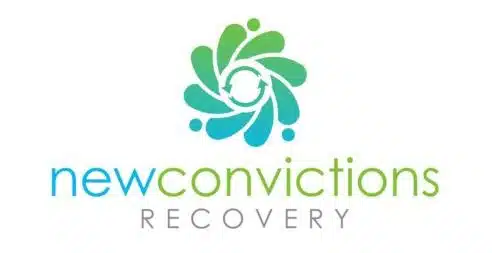For those who are inquiring about addiction treatment, a question that may be asked is why therapy is essential in treating addiction? That is a fair question since in this day and age, there are lots of resources that are available to assist addicts in their recovery process. From 12-step meetings to online publications to YouTube videos, it seems that there is no shortage of resources available which appears to reduce the need for therapy. However, upon a closer examination, one may learn that therapy can be a powerful tool in the addiction recovery process that has been helpful to many in achieving freedom from addiction. Below are 3 ways of why therapy is essential in treating addiction:
- Safe Place – Therapy provides recovering addicts an environment where they are welcome, not judged, and free to say and be who they are. Due to the destructive nature of addiction and associated consequences, addiction can often put addicts at odds with those closest to them which renders very little sympathy or empathy for the addict’s daily struggles. Therapy is an environment where defenses can be let down, the need to defend one’s actions can be let go, and where one can be at peace with those who are empathetic of the struggles inherent in addiction recovery.
- Digging deeper into issues – whereas mutual support groups focus on the common “people, places, and things” or “traps and triggers,” therapy offers the recovering addict the opportunity to get deeper with personal issues that may be beyond the help of those in the support groups. It is not an uncommon experience for a recovering addict to go through a personal inventory of past hurts or resentments that were suffered at the hands of others and discover deeper traumas and afflictions that are beyond the help of lay people in the support groups. Having a therapist trained in specific therapeutic approaches and techniques to these bigger issues helps instill clarity on how past issues have culminated into the present experience as well as offer hope in addressing these longstanding issues.
- Opportunity to learn healthy relationship dynamics – Many people who have an addiction background come from families where unhealthy relational forces are at play. Families can instill in their members many unspoken rules that inhibit emotional expression, reinforce denial, and penalize honesty. When such dynamics continue over long periods of time, such ways of interacting become ingrained in how family members interact with others outside of their family system. This is true for those in recovery from addiction; due to unhealthy family dynamics in childhood, the recovering addict can take those unhealthy patterns and apply them to current relationships which can work to the detriment of recovery. In addiction therapy, the therapist models what a healthy relationship looks like. It has been shown in research that the most effective part in therapy is not the technique the therapist uses but the therapeutic relationship that is formed. It is in such places that the recovering addict can learn healthy relationship skills and have a model of what a healthy relationship looks like.
While having an addiction can be a challenging experience, there are local addiction therapists who have the skills to help in the addiction recovery process. To look at the services that are offered, please click here.

